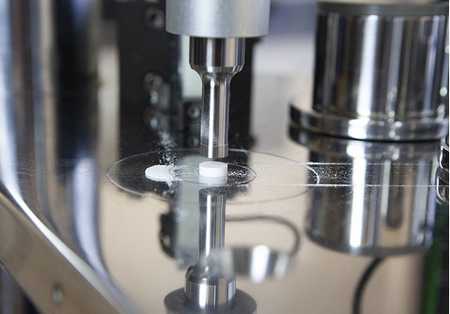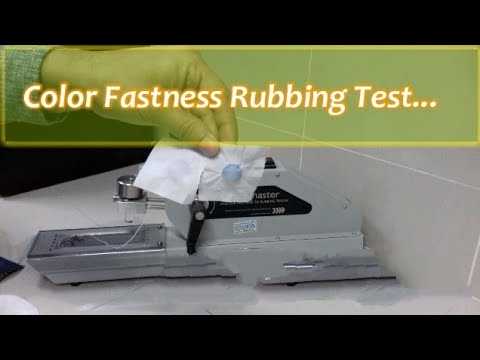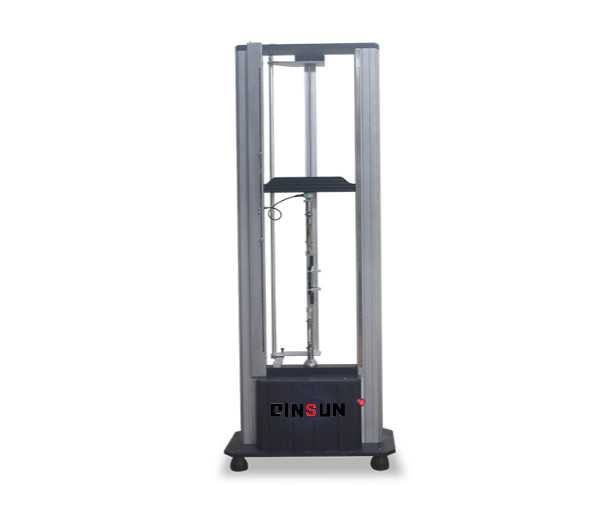
NewsInformation Center
What specific yarn testing equipment should a small textile business recommend?
2023/07/17
For a small textile business, there are several specific yarn testing equipment that can be recommended based on the requirements and budget of the business. This equipment can help ensure the quality and performance of the yarn produced or used by the business. Here are some commonly used yarn testing equipment for small textile businesses:


1. Yarn Strength Tester:
A yarn strength tester is used to measure the tensile strength and elongation of yarn. It helps assess the yarn's ability to withstand stress and strain during processing and end-use applications. This equipment can provide valuable information about the yarn's quality and performance.


2. Yarn Evenness Tester:
A yarn evenness tester is used to measure the evenness and regularity of yarn. It detects variations in yarn thickness and detects imperfections such as thick and thin places, neps, and slubs. This equipment is crucial for ensuring consistent yarn quality and preventing defects in the final textile products.
3. Yarn Twist Tester:
A yarn twist tester measures the twist level of yarn. It helps determine the yarn's twist per unit length and twist direction, which are important parameters for ensuring the desired properties of the final textile product. This equipment is particularly useful for businesses producing or using twisted yarns.

4. Yarn Count Tester:
A yarn count tester measures the linear density or count of yarn. It provides information about the thickness and fineness of the yarn, which is essential for determining the yarn's performance and suitability for specific applications. This equipment is commonly used in the textile industry to classify yarns based on their counts.
5. Yarn Hairiness Tester:
A yarn hairiness tester measures the amount of protruding fibers or hairs on the surface of the yarn. It helps assess the yarn's appearance and potential for pilling. This equipment is particularly useful for businesses producing yarns for high-quality fabrics or garments.
A yarn color fastness tester evaluates the colorfastness of yarn to various factors such as washing, light exposure, and rubbing. It helps determine the yarn's ability to retain its color without fading or bleeding. This equipment is important for businesses producing colored yarns or yarns for dyeing purposes.

7. Yarn Moisture Meter:
A yarn moisture meter measures the moisture content of yarn. It helps ensure that the yarn has the appropriate moisture level for processing and storage. This equipment is particularly useful for businesses working with natural fibers that are sensitive to moisture.
8. Yarn Appearance Analyzer:
A yarn appearance analyzer uses image analysis techniques to evaluate the visual characteristics of yarn, such as color, surface defects, and foreign particles. It provides objective measurements and analysis of yarn appearance, enabling businesses to maintain consistent quality standards.
When selecting yarn testing equipment for a small textile business, it's important to consider factors such as the specific needs of the business, budget constraints, and the desired level of testing sophistication. It's recommended to consult with equipment suppliers or industry experts to determine the most suitable equipment for the business's requirements. Additionally, considering the potential for future growth and expansion can help ensure that the chosen equipment can meet the evolving needs of the business.
Previous: What's difference between fiber morphology analyzer and fiber friction tester?
N e x t : 9 Environmental Factors Affecting Zipper Abrasion Test



